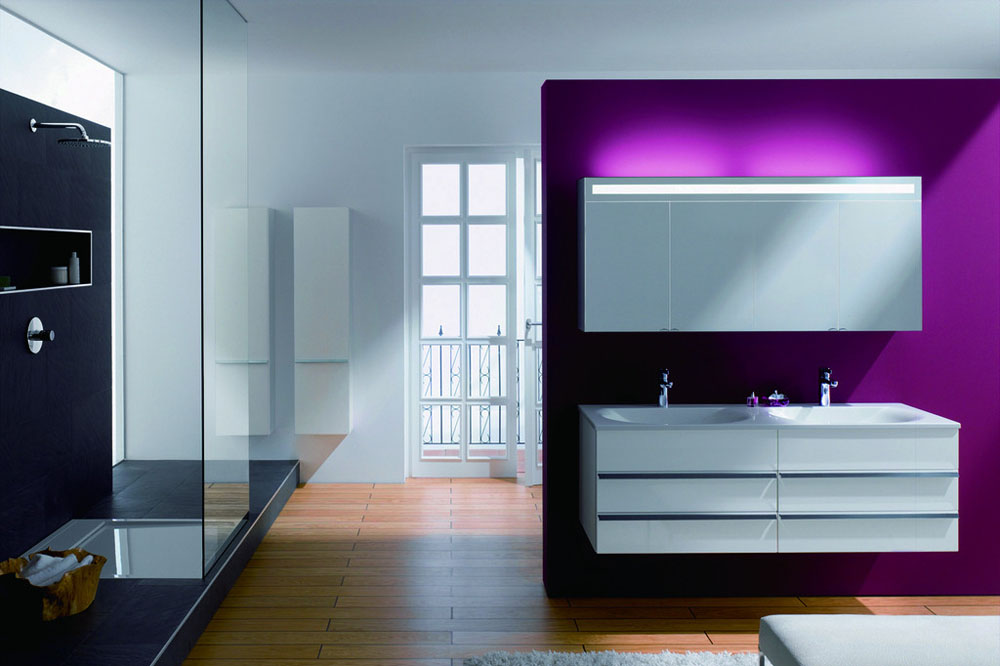
Welcome to the official website of Quanzhou Joton Industry Co., Ltd!

Often hear insiders sigh: the water in the sanitary industry is too deep! Indeed, sanitary enterprises are far from as easy to do as many people think. Not to mention that Shuishi, an international brand that has lasted for many years, is not satisfied. In fact, it accounts for a small proportion in the overall market share. Look at the domestic sanitary ware enterprises, whether they are the real estate brands in front of the store and behind the factory, or the regional brands that dominate one side, whether they are the cross-border sanitary ware enterprises of household appliance enterprises, or professional national brands, "every family has a difficult Sutra", some do not make money, and some do not make much. What is the reason for this,? The answer must be that different people have different opinions.
Sanitary ware is an integrated product, customized product and engineering project, which determines that the service support system of sanitary ware enterprise is much more complex than that of traditional industry. For traditional industries, all the sales process after users sign the bill and pay is called after-sales. You can buy a dress and carry it home. It's very simple to buy a TV with at most one handling link. On the contrary, there is a complete production, logistics and installation process after signing the contract. This process is not only error prone, but also needs the guarantee of human and material resources. In fact, it is a very key link in the whole order implementation process.
Dealers need to have installation teams, logistics and storage conditions, while manufacturers need to have the ability of product quality control, supply time assurance, user information and complaints. These lead to the importance of the whole service support system compared with traditional industries. However, the current situation is that most bathroom manufacturers, including many brands, simply "ignore" the management of end consumers, so that the user satisfaction rate of bathroom products is far lower than that of traditional industries. Of course, there are many reasons for this. Users want businesses to complete part of their kitchen decoration projects and have relatively strict requirements on design, installation and delivery date.
The order management of sanitary ware enterprises is very complex. From the introduction of products by the distributor's direct salesperson, the measurement of rooms by the designer, the re measurement, to the confirmation of orders; There is a long process from receiving, reviewing and dismantling orders by the headquarters to product procurement and installation information feedback. Every link is prone to error or delay, so order accuracy is a very important management index in the sanitary industry. Some large enterprises in the bathroom industry even separate order management from sales management and become a separate system. It can be seen how important order management is! Order management needs the help of information system or a large number of manual support, which is an insurmountable obstacle for many enterprises.
As we know, the marketing of traditional products generally includes sales management system (sales personnel management, channel management, order management), marketing system (market research, promotion activities, new product launch, brand publicity), service support system and product development system. These systems are needed by sanitary enterprises, but the connotation is very different.
Product development systems are also different. The development of traditional products emphasizes the function, cost and price of products, while the development of sanitary products pays attention to the appearance, style, style and culture of products. In addition, the integration concept is prominent in function. For teams accustomed to the traditional industry development process or modular division of labor, the development of bathroom is really difficult to understand.
The bathroom store is an integrated experience store, and its location, size and decoration image are the key to the success or failure of the business, which is very different from the traditional industry. The display design is not only part of the store, bathroom products and corporate culture occupy a very important content, and the pattern of bathroom shopping malls is diverse. It is difficult to rely on general decoration companies to do the display design of terminal stores, let alone a set of store image standards like home appliance and clothing industries, which can be followed by dealers. Brand bathroom enterprises need to have the ability to support the display design of "giant" multi store.
Sanitary ware is a new industry. Most of the employees are novices, but the core direct sales, design and installation of the industry are highly professional posts. The personnel of these posts can only be trained by the enterprise itself, which requires the bathroom brand enterprise to have a strong training support ability.
It requires enterprises to have sufficient capital, excellent talents, bosses or decision makers to have full understanding and insight into the industry, which is very difficult to do. Grass roots bathroom brands are often short of capital and talents; Household appliances do cross-border sanitary ware, and few enterprise decision-makers have enough understanding of the sanitary ware industry. Their heads are all home appliance marketing. This is the fundamental reason why sanitary ware enterprises can't do well and don't do well.


Scan code to add wechat
Service hotline
86-15060137973

